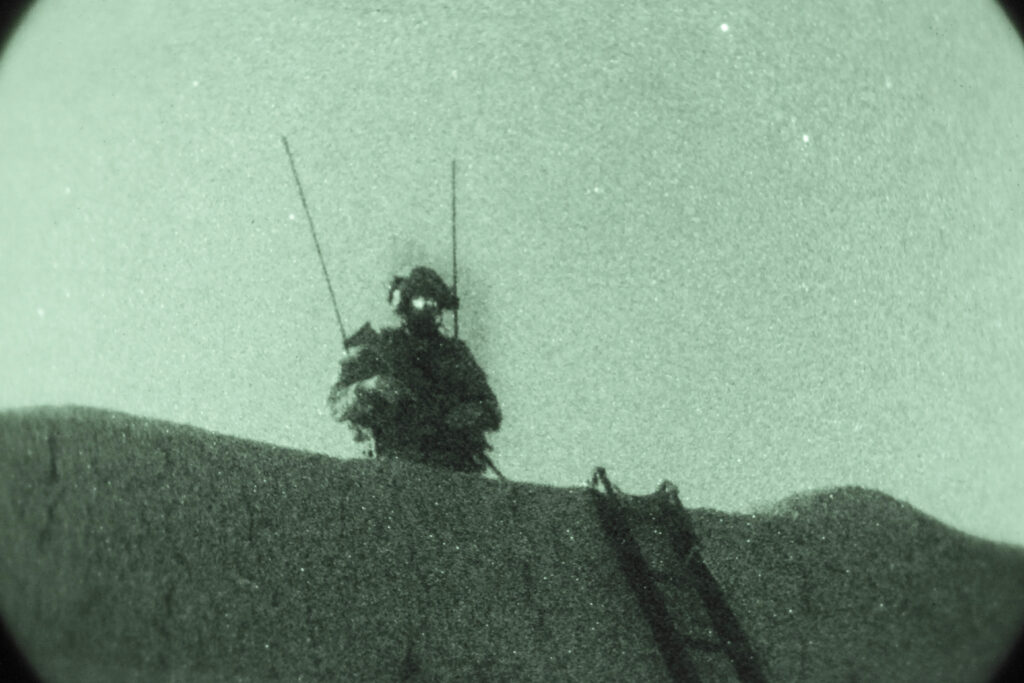By PAUL MCLEARY

WASHINGTON: After spending the past two decades kicking in doors and hunting insurgent targets in the Middle East, special operations leaders are looking to the digital domain as the key to their future.
“The future will be won by those who dominate the full digital spectrum,” Lt. Gen. Francis Beaudette, commander of Army Special Operations Command said at the annual Special Operations force Industry Conference this week. “It will be as important as seizing and holding terrain.”
Information warfare will be a central component of any future operation, and will include “psychological operations…cyberspace, deception and electronic warfare at the tactical and operational levels,” he said.
It was a theme addressed by SOCOM commander Gen. Richard Clarke this week, who held up “infospace” as an area that will affect all other domains in any future conflict with a peer adversary. Information dominance “will impact all forces in all missions,” he said. “It is a battle in the cognitive space.”
While SOCOM’s budget is unlikely to grow much in 2022, the command has revealed plans to double its investment in cyber operations and electronic warfare in 2022, a clear sign of its priorities.
“It is in the cognitive space where we must prevail,” Clarke said.
As a commander on the ground in the early days of the war in Afghanistan, the general said, he spent 95 percent of his time directing strikes on Taliban, al Qaeda, and other insurgent groups. But today’s commanders in the final days of the US withdrawal spend about 60 percent of their time working in the information space, he said.
“This is why we need to train aggressively in the information space,” Beaudette explained. “We need a live-fire range for our information warfare operators in a virtual training environment.”
Operating on the information space will require a change in the mindset for many SOF units. They will have to ensure the validity of their own data streams while countering misinformation during their operations around the globe.
Clarke suggested the shift can be understood in the context of companies in the commercial space competing to sell their products to the public.
“SOCOM should be able to do the same thing in real time, because part of the piece of working in the cognitive space is actually understanding the environment and understanding the threat,” he said. “The more that we can understand how our adversaries and how our competitors are working in this space and apply the intelligence tools against those, the better off we will be.”
No comments:
Post a Comment